With masks becoming necessary to wear to work and outside, experts say it's time we start paying more attention to the words we use and how we communicate with our voice and eyes
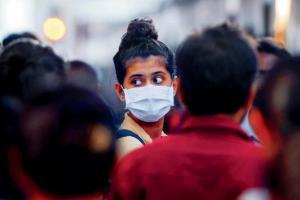
After conducting a recent business acquisition meeting over a Zoom call with his colleagues, Sandeep Rao, CEO of integrated marketing consultancy One Source, was left wondering: Did it go well? "I couldn't spot even a hint of a smile behind the masks," he says.
With workplaces gradually looking to reopen, some of Rao's clients have begun reporting back to office. Since airport-marshal gesticulations don't fit into business video-conferencing etiquette, Rao says he is compelled to rely on the context of the situation to interpret an interaction. "There's only so much you can read through the eyes. This is not love, but a business conversation, after all."
ADVERTISEMENT
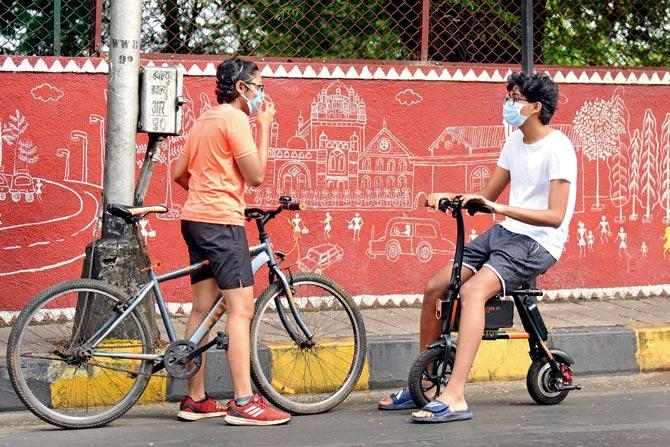
With restrictions being gradually lifted to allow for more movement of people and vehicles, two cyclists, wearing protective masks, stop for a chat at Walkeshwar. Pic/ Bipin Kokate
In the first days of the Coronavirus outbreak, there was scepticism regarding the efficacy of masks as an effective deterrent to the spread of infection. In June, the World Health Organisation revised its earlier advisory and said that people should wear masks on public transport, in shops, offices and any other confined or crowded environment. The initial conflicting views have faded and public health officials across the world are now in broad agreement that masks can significantly reduce the likelihood of Coronavirus transmission.
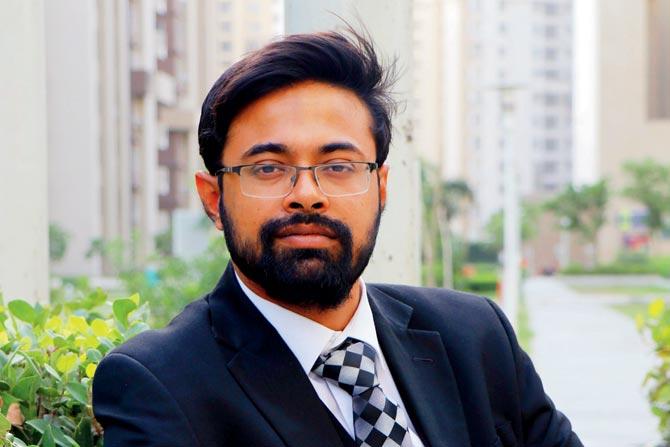
Sandeep Rao, CEO, One Source
But, while they may save lives, masks are also creating social challenges, including impeding communication. According to Rao, the partial veiling of the face has changed the dynamics of business interactions during video chats. The upside though, is that there's active engagement. "Earlier, people would drone and others would listen. The mask has necessitated more participation to show that you're present and part of the conversation." In the 1960s, a psychologist named Dr Albert Mehrabian conducted an experiment to quantify the importance of voice tone, posture, gestures, facial expressions, and other forms of nonverbal communication. His studies suggest that we overwhelmingly deduce our feelings, attitudes, and beliefs about what someone says not by the actual words spoken, but the speaker's body language, tone of voice, gestures and sounds. The conclusion was that 93 per cent of communication is non-verbal in nature.
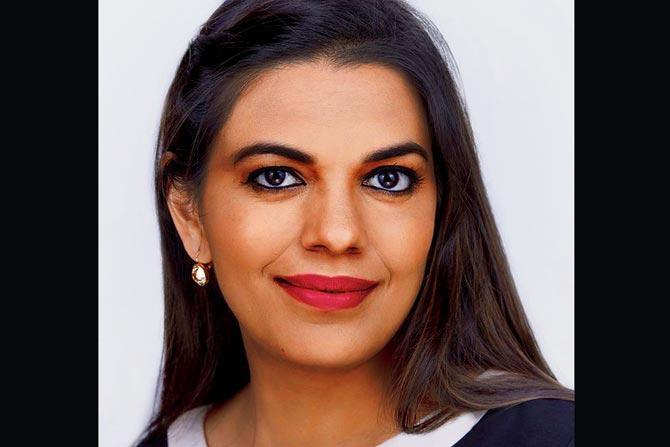
Pragati Sureka
Clinical psychologist and alumnus of Harvard Medical School, Boston, Pragati Sureka, says the most important aspect of our face to come to use in non-verbal communication is the eyes. "It's true when they say that the eyes are a window to the soul, because if you look closely, you can infer emotions and intentions. For instance, some eyes look vacant, or cold, while others are jumpy. If you meet somebody whose company you enjoy, your eyes light up." Which essentially leads to a simple and irrevocable truth: actions speak louder than words. She says the idea forms the basis of the popular Reading the Mind in the Eyes test, which is commonly used to assess whether someone might have neurodevelopmental conditions.

Saloni Suri
Saloni Suri is a corporate trainer, author and visiting faculty at Xavier's Institute of Communications. As a business communications consultant, Suri uses neuroscience to help individuals and corporates strengthen leadership and achieve organisational goals. "I think the big thing right now is to proactively listen to people because a physical barrier placed on your face tends to impede the conversation. So, we need to pay attention and pick up visual cues and vocal nuances." While it may seem unnatural at first, she thinks it's also important that we speak up and speak louder because when you have a mask on, the normal tendency is to not talk. She believes that given the scenario, introverts may retreat further into their shell, while extroverts may try harder to put their point across.
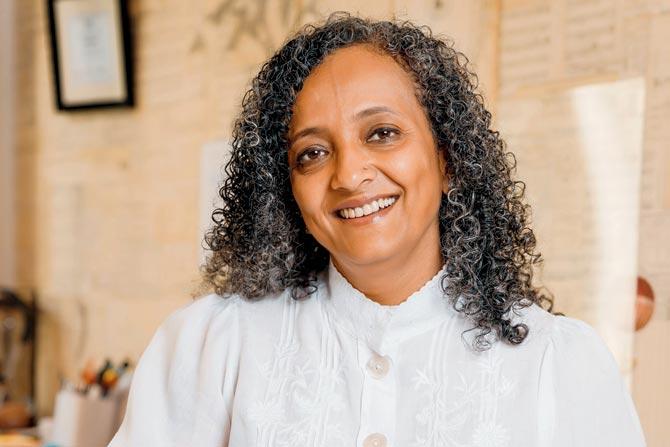
Geeta Ramakrishnan
That a mask can make a usually talkative person speak less is something ontological coach Geeta Ramakrishnan experienced first hand, when she visited her favourite Indian restaurant in Dubai with her husband after three months of lockdown. It was a date—only it didn't feel like one. "Strangely, I wasn't talking much," says Ramakrishnan. "With everybody wearing masks and face shields, the world just felt like a less-friendly place," says the author of The Game of Change. "Wearing a mask is not the most comfortable thing. And if you wear glasses, it tends to fog up the lens. It will need some time getting used to." As a life coach, Ramakrishnan often advises her clients to maintain eye contact during conversations, as this not only conveys self-confidence, but also shows interest in the person with whom they are talking. "If you pay attention to body language, it can convey a lot. For instance, if you're slumping in your chair, it could show disrespect or disinterest. In a casual setting, it could work, but not in a formal, professional one."
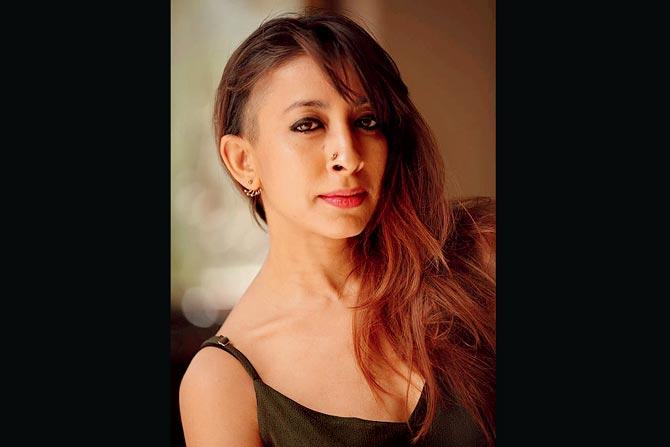
Yuki Ellias
As the world still struggles to find a vaccine, the face mask looks unlikely to leave our lives anytime soon. Theatre-director Yuki Ellias, who has studied movement-based theatre including mime, melodrama and commedia dell'arte clowning while training in Paris, feels wearing a mask shouldn't be a huge deal for Indians. "As a culture, Indians are known to speak with a lot of gestures." As someone who uses masks for shows, she says physical theatre trains you to not take communication for granted. The body has to always be involved when speaking. "I feel this situation may force us to make an earnest effort to connect with our eyes, with more mindfulness and attention towards the other."
Catch up on all the latest Mumbai news, crime news, current affairs, and a complete guide from food to things to do and events across Mumbai. Also download the new mid-day Android and iOS apps to get latest updates.
Mid-Day is now on Telegram. Click here to join our channel (@middayinfomedialtd) and stay updated with the latest news
 Subscribe today by clicking the link and stay updated with the latest news!" Click here!
Subscribe today by clicking the link and stay updated with the latest news!" Click here!







